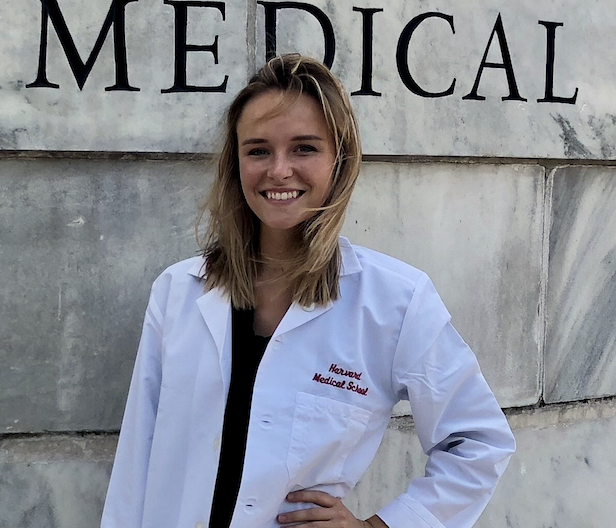It's a common question for medical school applications: why medicine? Here are some tips for answering this question without falling into the trap of sounding too generic or cliché.
1. You don’t need to have unique experiences to have a strong personal statement
Unique experiences can be helpful when crafting a personal statement but they’re absolutely not necessary. Med schools are looking for someone who has taken advantage of the opportunities they’ve been given to learn about themselves and develop skills that are important in medicine. Many students do research or volunteer, and while these experiences can seem “generic,” what you have learned from these experiences doesn’t have to be. This is where the essay becomes challenging though: you need to be very specific about your strengths, and it’s always better to show rather than tell people what they are. You can’t just say you will be a good doctor because you’re compassionate. Many people are compassionate, and it’s a feeling that comes naturally especially when you have a patient that you like as a person. But who is that compassion in service of? How does it really benefit your patient? Have you retained compassion even in the face of challenging personalities? How do you react when that compassion doesn’t come easy? How does your compassion push you to better serve others in material ways? There is no simple answer to any of these, and admissions committees would love to see you tackle these kinds of unresolvable questions in a nuanced way. This brings us to our next point:
2. Don’t make yourself out to be a savior
It is natural to be drawn to medicine because of the idea of “saving” people. That, however, is not the reality of medicine. In the rare cases you do “save” someone, a lot of it comes down to luck, having a good team by your side, and the power of medications and surgical techniques you did not invent. If you take responsibility for those “saves” are you also responsible for all the cases of bad luck when there isn’t a good outcome? In your essay be very careful not to sound like you think that being a doctor is like swooping in superhero-style and rescuing someone. Medicine is a grind and mostly made up of lots of tiny tasks that you hope, cumulatively, will have a positive impact. Making sure your patient has discharge instructions in a language they can read and ensuring that they’re able to get affordable meds from their pharmacy can be just as important as a big intervention in the OR. When talking about clinical experiences, how have you seen doctors empower patients to make informed decisions about their health? What qualities would you like to emulate in your practice of medicine? Have you ever seen an approach from a physician that clearly didn’t work? What are ways in which you have seen our system fail patients or their families? Your role as a doctor will not be to save anybody, but it will be to advocate for and serve people in some of the most vulnerable moments of their lives. Getting to be there for those patients in those moments is a privilege, not the other way around.
3. Show that you’re a team player
As you move through the application process, always remember that they’re not just looking for the most academically gifted students or the best test-takers. I have seen many applicants sabotage themselves in essays or interviews by coming off like they’re competitive and don’t work well or collaboratively with others. These doctors are trying to choose the people they’re going to run into at 3am in the halls of the hospital after a horrible day, and the applicant who they can imagine being a supportive colleague is going to win every time over someone who seems cut-throat.
4. Find a theme that underlies your entire application and essays
Admissions committees read through thousands of applications, and it makes it hard to keep track of who is who. Work with someone you trust –– a family, friend, your tutor, etc. –– to help you craft an overarching theme to your application. After reading your materials, the committee should be able to summarize why you’re a compelling candidate in one sentence. This is the most challenging part of an application. I would recommend drafting a personal statement and activities list first, seeing how those pieces all read next to one another, then identifying which themes are coming through. Once you’ve done that, go back and edit your materials to highlight those themes.

Comments